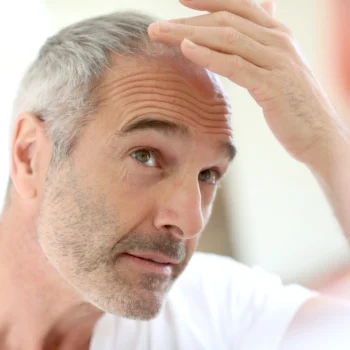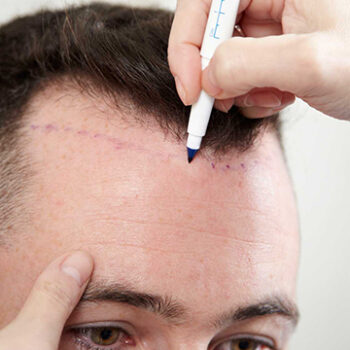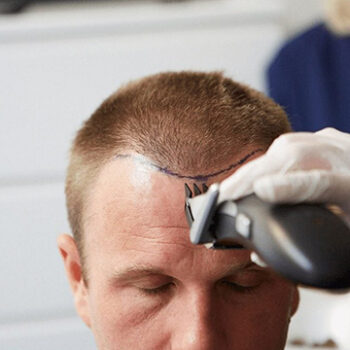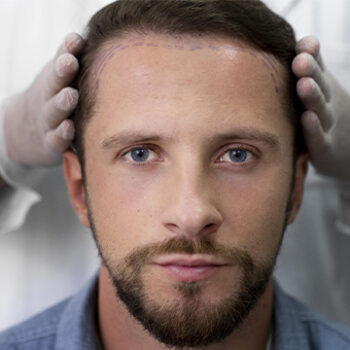Hair Transplant and Health: How Important is Health Condition During Hair Transplantation?
Hair transplantation is a surgical procedure that requires careful consideration of a patient’s overall health. While it’s a solution for hair loss, the success of the procedure is heavily dependent on the individual’s health status. In this article, we will explore why health is crucial for hair transplant candidates and discuss the necessary health evaluations and steps to ensure a smooth and successful transplant process.
Why is Health Condition Important for Hair Transplantation?
Health plays a critical role in the success of hair transplantation. A person’s overall health, immune system strength, and ability to heal properly are vital factors that can influence the outcome of the procedure. If a person has underlying health conditions, it can affect how well the body responds to the transplant, how quickly the wounds heal, and the final result of the transplanted hair.
Why is Evaluating Health Before a Hair Transplant Important?
Evaluating health before the procedure helps to identify any potential risks that could affect the surgery or recovery. Certain health conditions like diabetes, cardiovascular issues, or skin disorders can complicate the healing process or make the procedure riskier. By thoroughly assessing health, the medical team can customize the treatment plan to ensure better outcomes and avoid complications.
What Health Tests are Required Before a Hair Transplant?
Before undergoing a hair transplant, several health tests and assessments are conducted:
- Blood Tests: To check for any underlying issues such as infections, anemia, or other blood disorders.
- Physical Examination: A general health check to ensure the body is fit for surgery.
- Hair and Scalp Assessment: To evaluate the health of the donor area and the scalp.
- Cardiovascular Evaluation: For individuals with heart conditions to assess their ability to undergo surgery.
- Allergy Testing: To check for any allergies to medications or anesthesia that may be used during the procedure.
What Health Conditions Should Candidates for Hair Transplant Have?
The ideal candidates for hair transplant surgery should be generally healthy, with no serious underlying health conditions that could impair the healing process. Conditions such as:
- Uncontrolled Diabetes
- Heart Disease
- Severe Allergies
- Skin Conditions (e.g., psoriasis or eczema on the scalp) Should be carefully managed or treated before the procedure. A strong immune system and good overall health are essential for minimizing risks and ensuring successful grafting.
How Do Smoking and Alcohol Use Affect Hair Transplantation?
Smoking and excessive alcohol consumption can negatively impact the success of hair transplantation:
- Smoking: Reduces blood flow and oxygen to the scalp, which can slow healing and impair the growth of transplanted hair.
- Alcohol: Can thin the blood, increasing the risk of bleeding during surgery and slowing down the healing process. It may also interfere with medications and anesthesia used during the procedure.
It’s generally recommended to refrain from smoking and drinking alcohol for several weeks before and after the transplant for optimal healing.
Immune System and Recovery After Hair Transplantation
The immune system plays a vital role in the recovery process after hair transplantation. A strong immune system helps the body heal faster and fight off any potential infections that may arise from the surgery. It’s important for candidates to be in good overall health, which includes maintaining a balanced diet, exercising, and avoiding stress to support immune function.
Risk of Bleeding After Hair Transplantation and Health Precautions
While hair transplant surgery is generally safe, there is always a risk of bleeding. Certain health factors, like blood clotting disorders or excessive use of blood-thinning medications, can increase this risk. It’s important to discuss any medications you’re taking with your doctor before the procedure to adjust them if necessary. After the transplant, following the surgeon’s instructions on post-operative care can minimize bleeding risks.
Wound Healing After Hair Transplantation and Health Tips
Wound healing is a critical part of the recovery process, and several factors can affect it:
- Healthy Diet: Eating foods rich in vitamins, minerals, and protein can accelerate the healing process.
- Proper Hygiene: Following the recommended care routine to keep the transplanted area clean is essential for preventing infections.
- Avoiding Physical Strain: Refraining from physical activity and minimizing stress will support faster healing.
Maintaining a healthy lifestyle and following post-surgery guidelines can ensure that wounds heal without complications and that the transplanted follicles grow successfully.
Can People with Health Issues Undergo Hair Transplantation?
People with certain health conditions may still be candidates for hair transplantation, but these conditions must be managed carefully. For instance:
- Diabetes: Must be well-controlled to ensure proper healing.
- Heart Disease: Should be assessed by a cardiologist before undergoing surgery.
- Severe Scalp Conditions: These may require treatment before a transplant is performed.
Each case is unique, and an experienced surgeon will evaluate whether it’s safe to proceed with the transplant based on the individual’s health status.
Post-Transplant Monitoring and Health Condition Tracking
After a hair transplant, monitoring the patient’s health and recovery progress is essential to ensure the best results. Regular follow-ups with the doctor will allow the medical team to:
- Check for any infections or complications.
- Assess the progress of hair growth.
- Ensure that the scalp is healing properly.
It’s crucial to attend these follow-up appointments to address any concerns early on and ensure smooth healing.
The Effects of Stress on Health After a Hair Transplant
Stress can have a significant impact on the recovery process after a hair transplant. Stress weakens the immune system, which can slow down the healing process and potentially affect hair growth. To promote faster healing and optimal results, it’s important to manage stress levels and engage in relaxation techniques like meditation or light exercise.

 English
English Français
Français Deutsch
Deutsch Türkçe
Türkçe 中國人
中國人



































